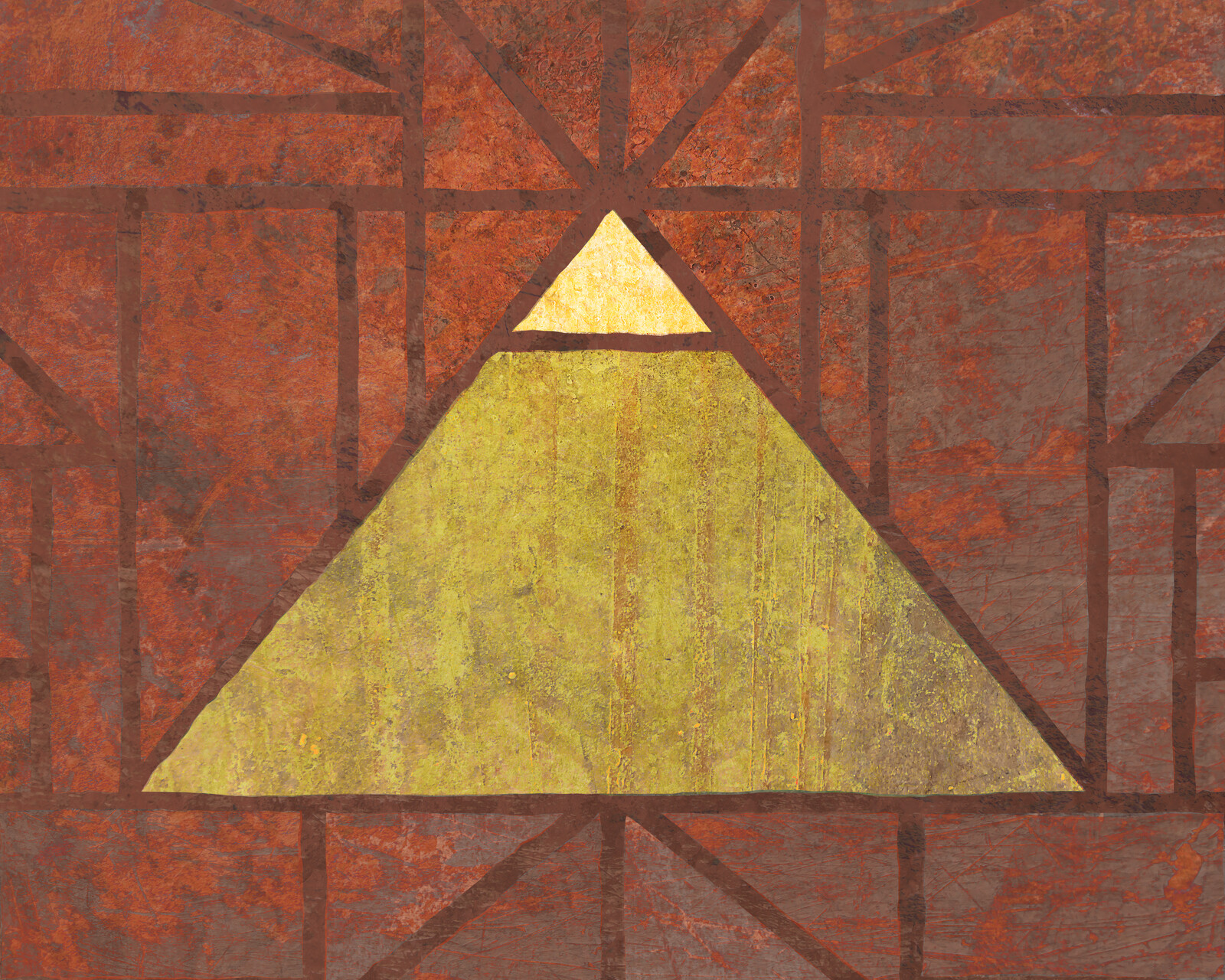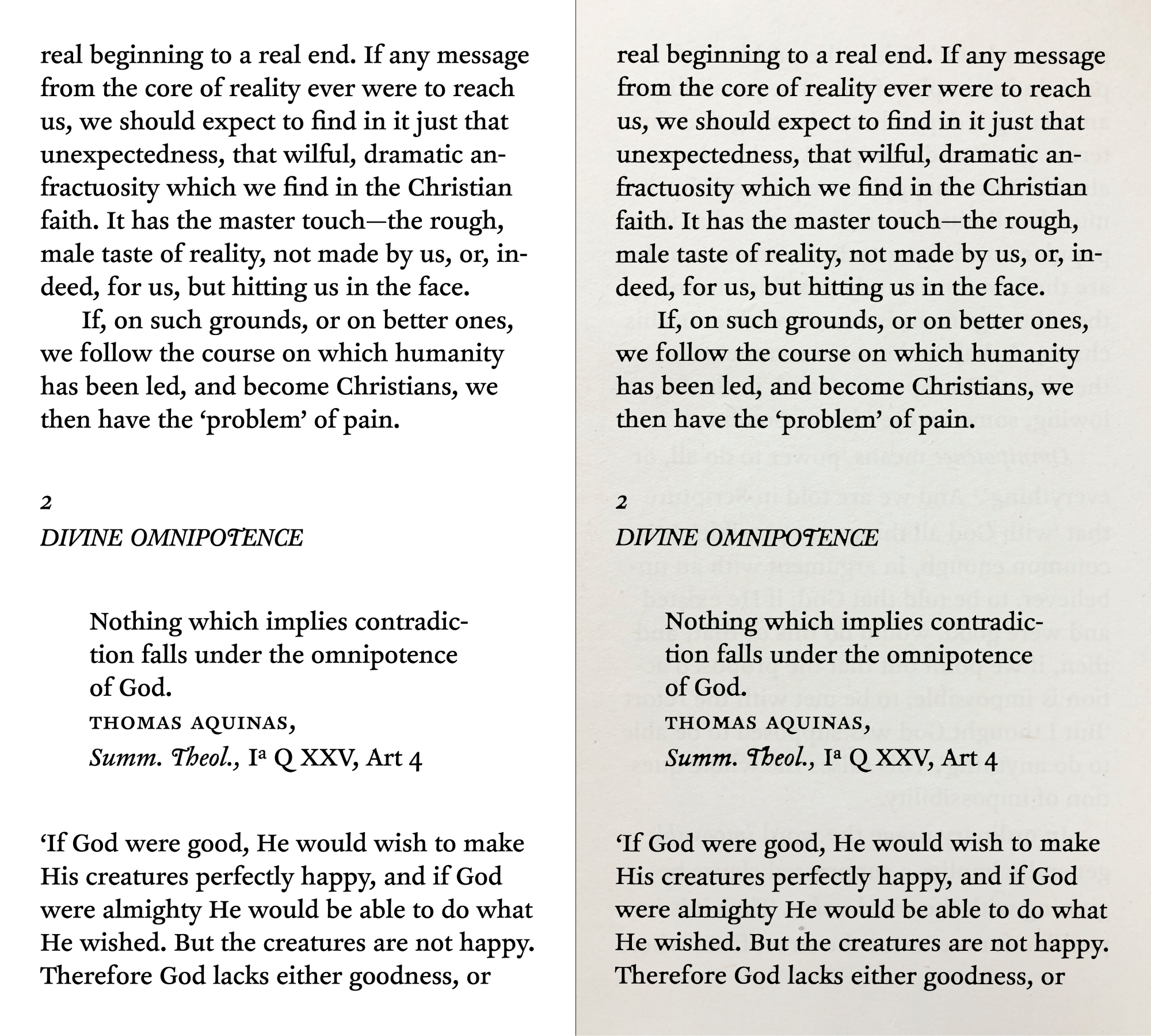New artwork: The Light of the World.

New artwork: The Light of the World.

Ben Werd on journaling in private with friends. I’d like this. This gave me a curious idea: an unlisted RSS feed with no web counterpart. Similar to the occasional RSS-only posts that some folks do on their blogs, but with post URLs that don’t actually go anywhere. Effectively private without having to deal with authentication. (For the paranoid, maybe each reader gets their own unique URL to make it easy to track down any leaks and give the whole thing an espionage vibe.) Maybe I’ll do this someday.
Dorian Taylor on programmable software being accessible software. In particular the bit about “no UI without API”: “Every meaningful thing you can do to the application state in the user interface should correspond to exactly one subroutine, appropriately parametrized.” Which makes me think about Blender’s Python API — whenever you do something in the UI, there’s a log that shows how to do that action via the API. (Or at least there was; I haven’t checked recently to see if it’s still there.)
Speaking of which, Blender 4.0 was released. The fractal noise on the Voronoi texture node looks yum. I’ll admit to being a smidge sad to see Inter replace the Deja Vu Sans as the UI font, but I’ll cope.
Robin Berjon’s series on reimagining parts of the web. The web tiles idea is intriguing.
Jeff Sandberg on CSS being fun again. I need to make time to get familiar with all the new dazzle in CSS land. (I’ve read about most of it, but I haven’t gotten it into my fingers yet.)
Julian Gough on cosmological natural selection and universes, um, reproducing. Look, I have no idea whether he’s right, but regardless: what a fascinating idea.
Devine Lu Linvega on computing and sustainability and permaculture. I think about this often — smaller, simpler systems, little VMs and emulators, and preservation. Not sure yet what it means for my work, but I hope to someday do something in this space.
Nate Bargatze’s “Washington’s Dream” sketch on SNL. Too true. We’ve enjoyed watching Nate’s stand-up comedy specials.
The most spoken languages in each U.S. state besides English and Spanish. Interesting!
Nabil Maynard on the handcrafted artisanal web. It delights me to see more people return to homesteading now that the glamorous yet shoddy apartment towers of social media have begun crumbling.
I’ve been playing around with making EPUBs look more like print:

Why the madness: ebooks feel kind of sterile to me, and I’m intrigued by the idea of giving them a more analog feel.
The experiment is still early on (I’ve only automated the first step so far), but at this point the process involves:
Other notes:
filter: blur(0.25px) contrast(3) in CSS applied twice to text can give a roughly similar effect to erosion/dilation, for example.)New artwork: Whither Thou Goest.

New artwork: By the Gift and Power of God.

My favorite reads this year, in the order I read them: